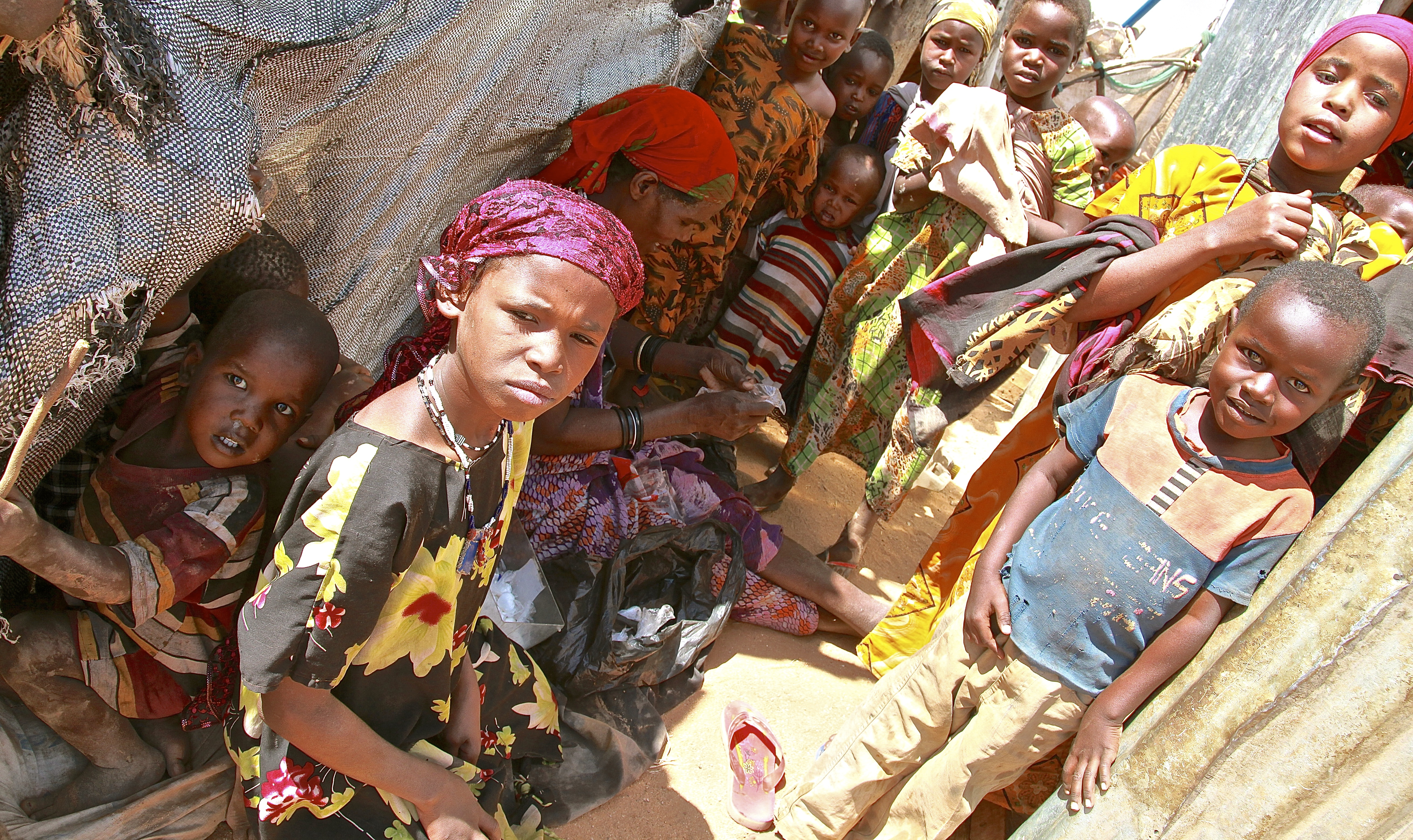COOPI alongside the most vulnerable communities in Beletweyne, Somalia
In the Hiran region, in Beletweyne — located in central Somalia — families are often forced to leave their homes due to instability and the effects...
Read more
COOPI has been present in Somalia since 1981 and for over 40 years, it has been promoting health, food security, livelihood development and access to water and hygiene.
At first, COOPI primarily implemented development projects in the country with the aim of improving the living conditions of vulnerable households and helping to build long-term resilience of communities. In recent years, the country has faced multiple natural disasters caused by climate change and an exacerbated and complex multidimensional crisis. To tackle the situation, COOPI has carried out several emergency interventions, especially in response to floods and periods of severe cyclical droughts.
Since 2012, COOPI has also been part of two active consortia in Somalia:
COOPI implements humanitarian response and resilience building programmes in Somalia with a multisectoral approach. COOPI key areas of intervention in Somalia are Food Security, Livelihoods, Water and Hygiene (WASH) and Health. To respond to the current drought emergency in Somalia, COOPI has immediately implemented emergency programs, while integrating development and resilience projects in the most affected regions. Each intervention integrates one or more cross-cutting areas, namely Protection, Gender, Environment and Disaster Risk Reduction (DRR), depending on the context. Given the fragile social fabric of the many post-conflict communities COOPI works with, great emphasis is placed on minimising conflicts, by adopting the Do No Harm (DNH) principle, so as to alleviate suffering, preserve people's dignity and save lives.
Somalia is now facing multiple problems such as floods, locusts and droughts, thus exacerbating its difficult environmental and economic situation. In this context, COOPI mainly focuses on meeting basic needs and promoting long-term climate shock response for the most vulnerable Somali households. COOPI strengthens food security and supports the development of community resilience through:
projects
beneficiaries
Severe climate change and chronic instability have left thousands of Somali households vulnerable, without access to clean water and adequate sanitation.
COOPI promotes WASH activities in Somalia on multiple levels:
projects
beneficiaries
In Somalia, COOPI carries out protection actions mainly in areas with a high presence of displaced persons, refugees, and asylum seekers, as part of integrated emergency response interventions.
The main protection activities implemented by COOPI in Somalia are:
project
beneficiaries

COOPI main areas of intervention in Somalia in the near future will be:
Food Security • Health • Water and Hygiene
Village Development Committees • Representatives of beneficiaries • Federal Government of Somalia • Regional states • Local district authorities
Shaqodoon
ACF Spagna • ACTED • ADRA • CWW • DRC • Norwegian Refugee Council • OXFAM Spagna • WVI • SomReP (Somalia Resilience Program) Consortium • Cash Consortium.